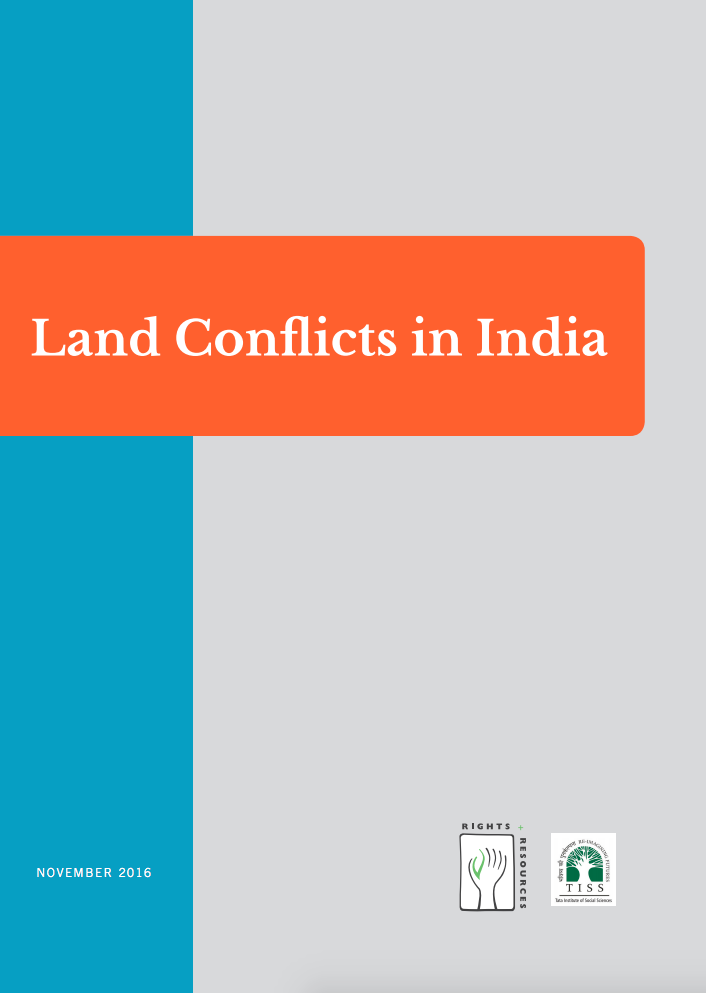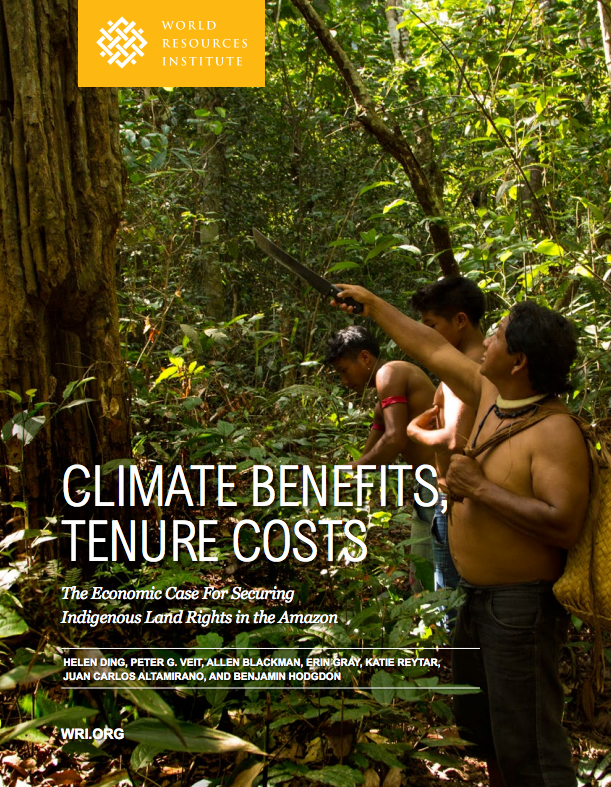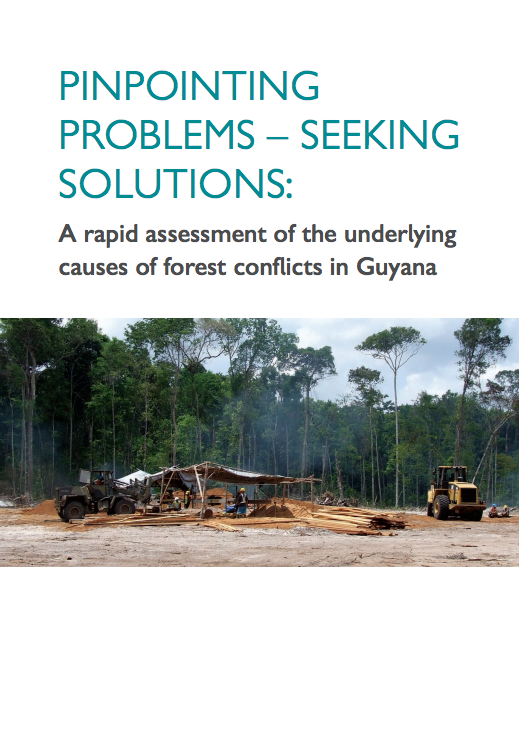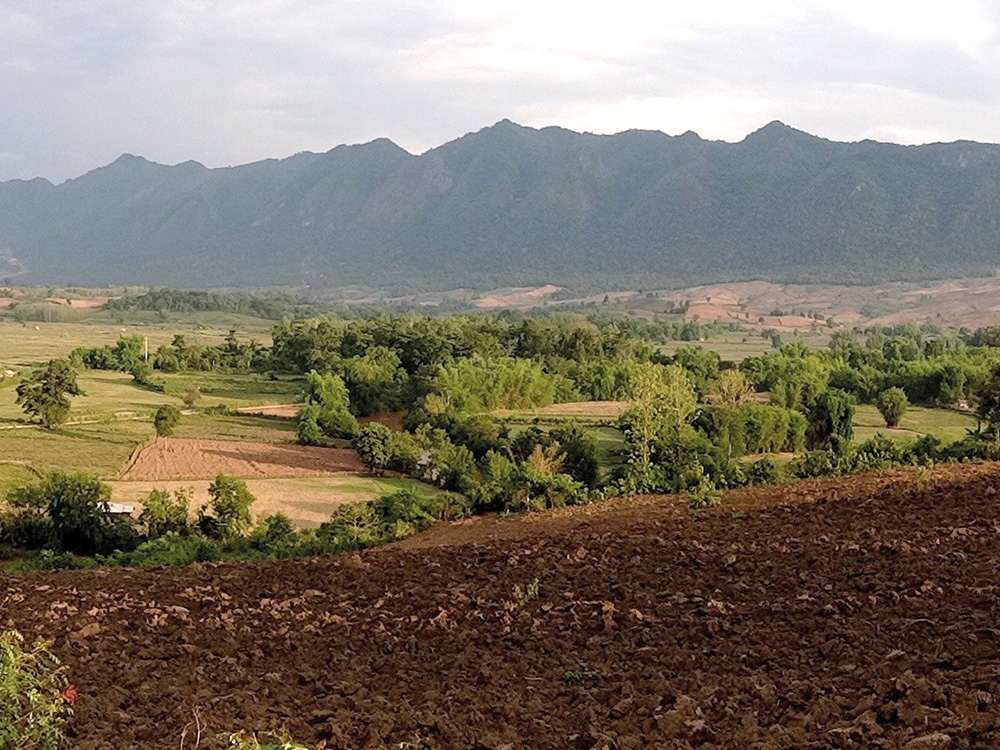Consentimiento libre, previo e informado: un derecho de los Pueblos Indígenas y una buena práctica para las comunidades locales
El manual es una herramienta dirigida a los responsables de proyectos y programas y contiene un procedimiento en seis pasos para facilitar el proceso de CLPI, al tiempo que muestra sus beneficios y provee el marco regulatorio que debe ser usado cuando se integren los derechos de los pueblos indígenas en las políticas y normas de las organizaciones.








